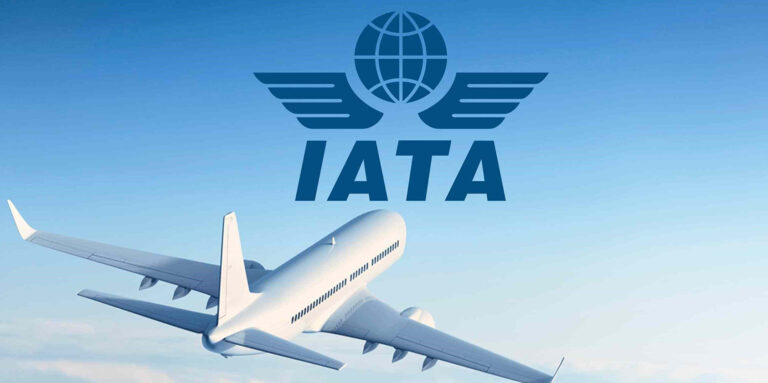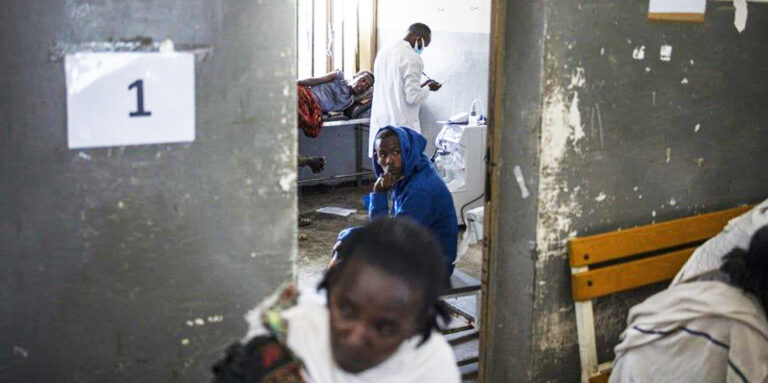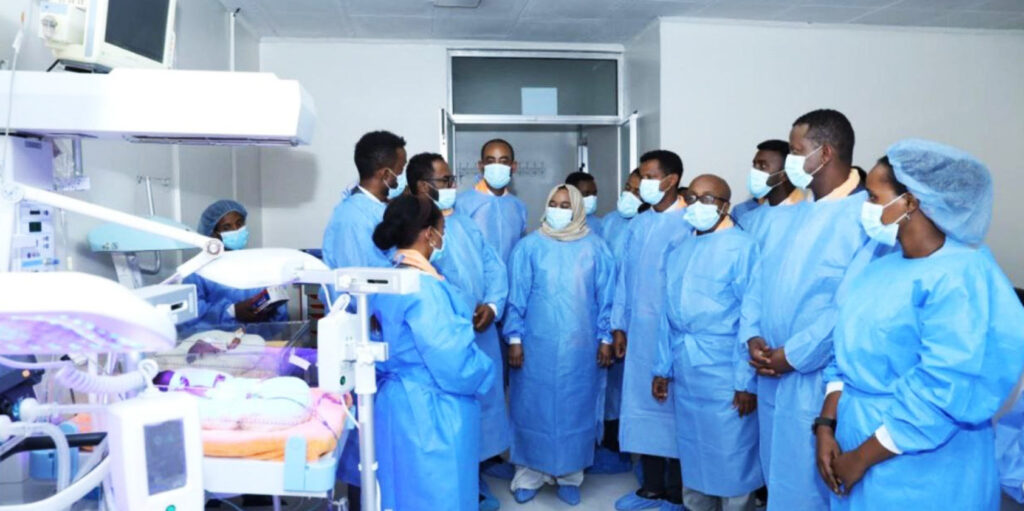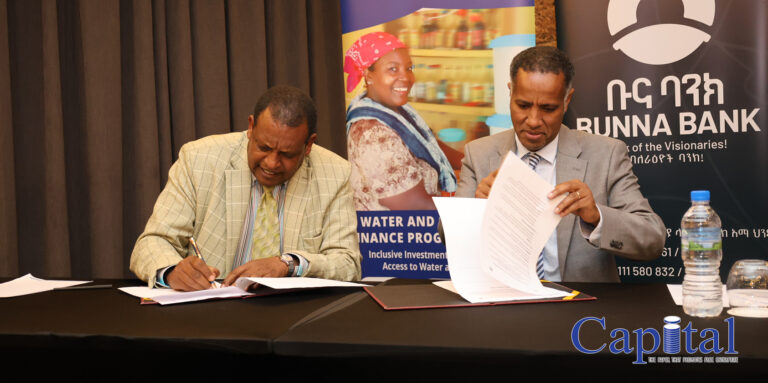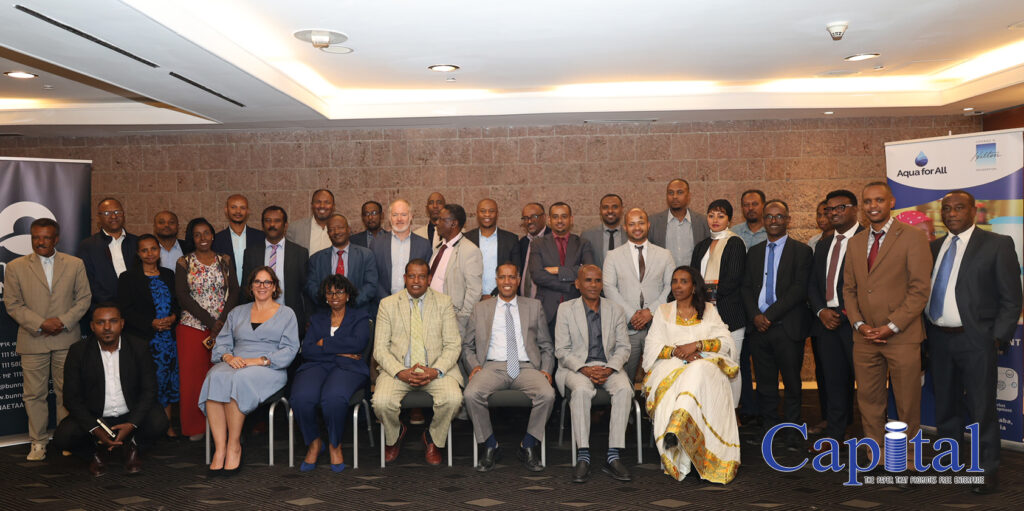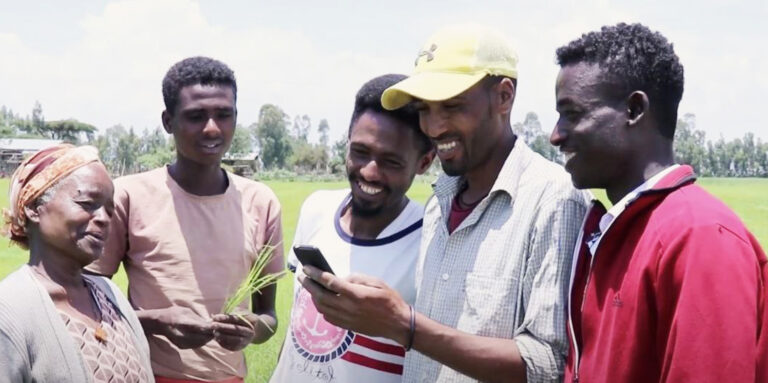The International Air Transport Association (IATA) released fresh data for August 2025, highlighting continued resilience and expansion in both global air cargo and passenger markets. Africa notably led air cargo growth among all regions, while passenger travel hit new record highs.
According to IATA’s cargo market analysis, global air cargo demand, measured in cargo tonne-kilometers (CTK), rose 4.1% year-on-year in August, marking the sixth consecutive monthly increase. African airlines drove this growth with an 11.0% increase in cargo demand, the strongest rise globally. Capacity on the continent also expanded by 12.3%, signaling strengthened logistics capabilities and growing trade flows. This surge supports vital sectors like agriculture, pharmaceuticals, and manufacturing, reinforcing Africa’s growing role in global supply chains.
Meanwhile, total global air passenger demand, measured in revenue passenger kilometers (RPK), increased 4.6% year-on-year in August. Total capacity expanded 4.5%, with a record-high load factor of 86.0%, indicating fuller flights and operational efficiency. International passenger traffic was the primary growth driver, rising 6.6%, while domestic travel grew 1.5%.
Africa registered a notable 8.9% increase in passenger demand and a 6.6% rise in capacity, with an improved load factor of 80.2%, highlighting a recovery in regional air travel fueled by economic activities and tourism.
IATA Director General Willie Walsh commented on the data: “Despite economic uncertainties and geopolitical tensions, global air travel and freight volumes continue to grow robustly. Airlines are responding by maximizing efficiency and planning increased capacity, reflecting strong market demand.”
The evolving trade patterns, tariff fluctuations, and supply chain adaptations have particularly benefited air cargo trade lanes linking Africa with Asia, Europe, and the Middle East, which have seen consecutive months of growth. The Africa-Asia corridor reported an 8.4% rise in air freight volumes, underscoring deepening commercial ties and expanding market opportunities.
Lower jet fuel prices — down 6.4% from last year — sustained affordability for air cargo operations globally, while manufacturing sector optimism in August added to positive market sentiment, despite persistent caution around export orders.
Overall, the August 2025 data from IATA highlights how air transport remains a crucial pillar supporting economic growth and integration in Africa and worldwide. Investments in aviation infrastructure and continued market liberalization stand to further enhance the continent’s connectivity and participation in global commerce.
As airlines prepare for the upcoming travel seasons with increased capacity, vigilance regarding evolving market dynamics and supply chain resilience will be key to sustaining this positive trajectory in both passenger and cargo sectors.


